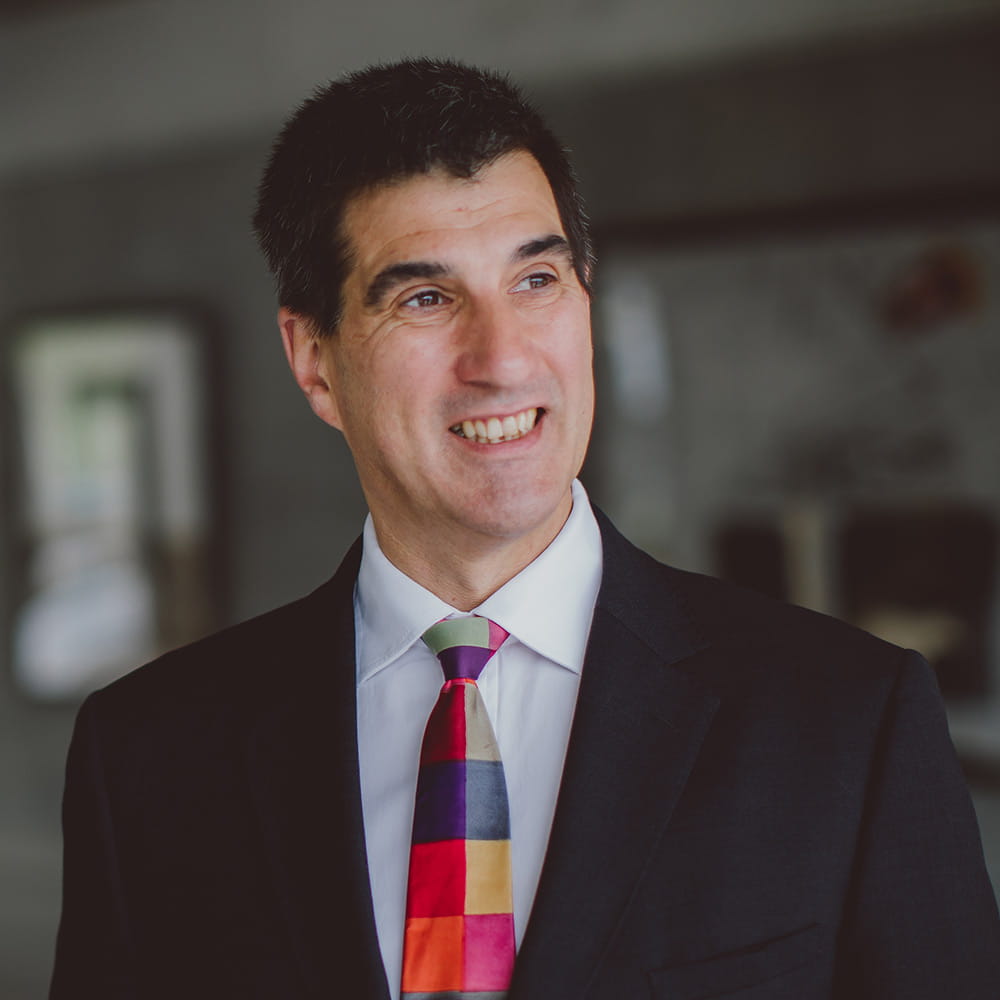We shared our assessment of the challenges we face in the blog ‘Navigating the Challenges’ In this linked blog we pick up on the theme of our Essex approach to innovation and agility. Central to our approach have been the introduction and expansion of January-start postgraduate taught courses; new ways of working with international partners and adapting to the changing global marketplace for UK HE; and a tailored data-informed approach to identifying and realising opportunities for each discipline and department through our Essex 2025 Growth and Sustainability plans.
From January 2024, we will offer PGT options in 10 departments (Edge Hotel School, Essex Law School, Essex Business School, Economics, Government, Languages and Linguistics, the School of Computer Science and Electronic Engineering, the School of Mathematical, Statistical and Actuarial Sciences, Psychology and the School of Health and Social Care). In AY 2022/3, income from our January starts made a significant contribution to us delivering a 5.5% cash surplus. This target is the sector-level benchmark for a sustainable university and the target set by Council for the University to be placed on a stable financial footing.
Our ability to remain financially sustainable has been possible at Essex because of our commitment to being agile, adapting our courses, our staff base and our student support offer, to a challenging recruitment environment. The changing shape of our student population has also required us to refocus our capital investments to adapt our campuses. This included: new specialist teaching facilities for students in HSC and SRES; the creation of additional large IT teaching labs to support larger PGT cohorts in CSEE, Maths and Economics; and three additional large lecture rooms to be completed in AY 2023-24. Without this investment we would not be able to recruit students where demand exists, which in turn would have a serious impact on our sustainability and our ability to support subjects in which recruitment is currently very challenging.
While our agility has enabled us to remain financially sustainable in the short term, there is no substitute for the recovery of our UK UG recruitment onto three and four year courses. This is why we have adopted a three-fold strategy of (i) focusing on home UG recovery plans; (ii) leaning into opportunity for overseas PGT growth, including adapting our provision and campuses; and (iii) careful stewardship of our financial resources to ensure that we can target investment towards growth and sustainability.
Essex 2025, Phase 1: Growth and Sustainability plans
USG asked each department to develop a ‘Growth and Sustainability plan’, based on market insights and forecast trends to 2030 and we are delighted that the first phase of this work was completed earlier this year. Each department has analysed its current position and course offer and developed plans for curriculum innovation and new programme development. These recruitment plans have enabled us to extend our planning window out to 2030, and provided a roadmap for academic staff growth to about 1,000 researchers by REF 2028. Since student recruitment will determine the shape and size of our Units of Assessment, these forward plans are key to enabling us to plan for the number of impact case studies we will need, and for investments in research facilities, alongside investments in teaching facilities and office environments.
In May 2023 the University’s rolling five-year capital investment plan was re-prioritised to earmark a total of £40 million to support Growth and Sustainability Plans, across four areas: Centrally Managed Spaces, Working Environments, Research Facilities and Specialist Teaching Facilities. The Deputy Registrar (Infrastructure and Environments) Chris Oldham is working closely with faculties and departments to align investments in facilities and the development of the estate with Growth and Sustainability plans.
Essex 2025, Phase 2: The Essex education and student experience offer
Alongside our work this year to create a ‘sticky’ campus, making the campus experience as positive as we can for staff and students, the second phase of the Essex 2025 programme is focused on our ‘living and learning’ offer to students. This includes the three-year curriculum development project; a deep-dive review of the PGT portfolio including provision for student learning, academic and study skills, student support and systems reviews, and support for January-starts; and the development of our pan-University ‘Essex for All’ programme to support student learning, led by our Dean for Undergraduate Education Professor Dom Micklewright. Phase 2 also includes further work to enhance our on-campus student experience. These projects will underpin a refresh of our university education narrative, to ensure that we are communicating the opportunities of a predominately campus-based Essex education to applicants, students, and university partners.
Our ability not just to survive but thrive, requires adaptability: seeking out opportunity, enhancing our approach to future years’ planning to ensure we can make targeted investments, developing our offer to students to meet the needs of their time, and adapting how we work in response to the challenges we face. As we look towards our 60th anniversary which we will celebrate over the next two academic years, we hope you share our optimism that, as a community, we can look to the future with confidence.




